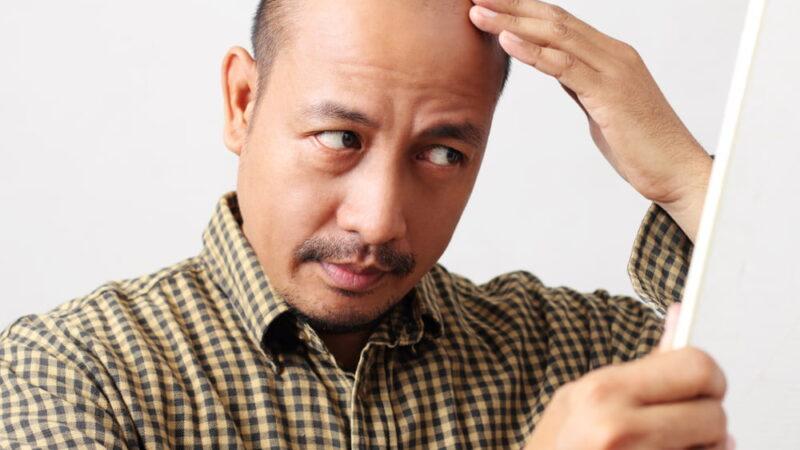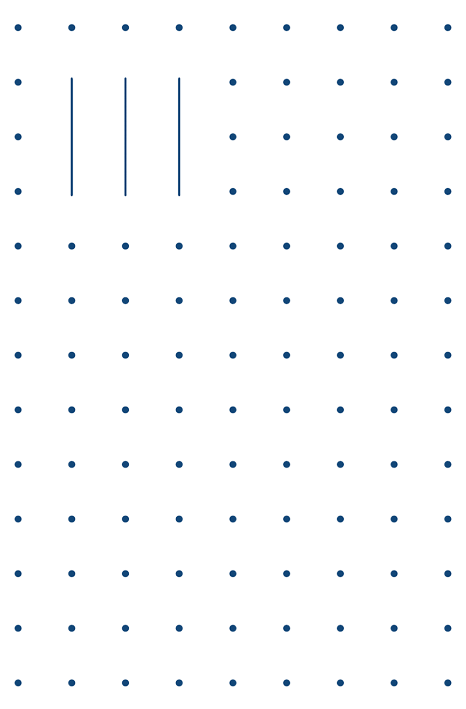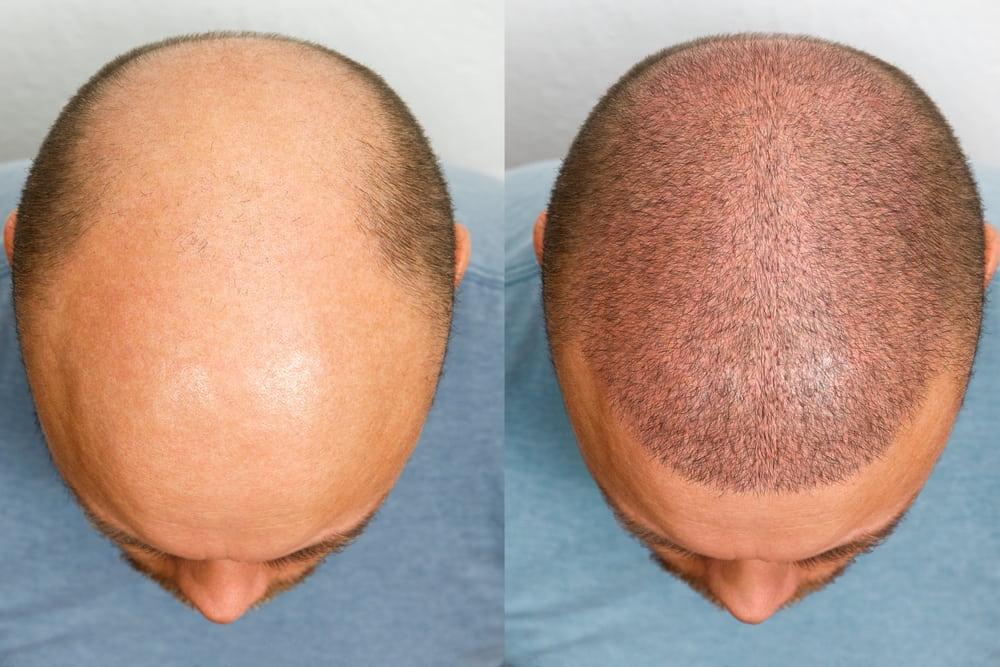
Do Hair Loss Medication Work?
Discover whether hair loss pills and medications work, and learn about the effective alternatives to hair loss medications.

Discover whether hair loss pills and medications work, and learn about the effective alternatives to hair loss medications.

When talking about hair loss, it’s perfectly normal to ask the question, do hair loss Medications really work? It can be an expensive journey to undertake with little assurance of success, and it’s a journey filled with choices and considerations. It’s essential to begin with a proper diagnosis from a qualified physician before diving into any hair loss treatment. Understanding the root cause of your hair loss is vital, as it will help you determine the most effective course of action. In some people, hair loss may be a symptom of an underlying medical condition, and treating that condition should take priority.
Once you’ve received a proper diagnosis and determined that your hair loss is indeed patterned hereditary baldness, you may consider medication as a treatment option. In this blog, we’ll explore the effectiveness of two widely used hair loss medications: Rogaine and finasteride (Propecia). We’ll delve into how they work, their application methods, potential side effects, and the crucial aspect of long-term usage. We’ll also explore the three hair transplant alternatives that are available at our qualified hair loss clinic in Bangkok.
One of the most recognizable names in hair loss treatment is Rogaine, which contains the active ingredient minoxidil. It’s available in liquid and foam formulations. When it comes to application, it’s relatively straightforward; you apply the product directly to your scalp, typically twice a day.
But does Rogaine work? The answer is a bit nuanced. Rogaine can be effective in promoting hair growth, especially for individuals in the early stages of hair loss. It does so by dilating the scalp’s blood vessels, which can stimulate hair follicles to grow thicker and longer hairs. However, the effectiveness varies from person to person. Some individuals experience significant regrowth, while others see minimal results.
One crucial point to note is that Rogaine is a lifetime commitment and can be expensive. You must continue using it consistently to maintain any gain in hair growth. If you stop using it, any newly grown hair may gradually thin and fall out. Additionally, Rogaine has potential side effects. Some users may experience scalp irritation, itching, or redness. It’s essential to follow the instructions carefully and consult your healthcare professional if you encounter any adverse reactions.
Finasteride, which is commonly sold under the brand name Propecia, is another popular medication for treating hair loss. Unlike Rogaine, which is applied topically, Propecia is taken orally in hair loss pill form. It prevents the production of a hormone called dihydrotestosterone (DHT), which is believed to contribute to hair loss in genetically predisposed individuals.
Propecia has shown promise in preventing further hair loss and even promoting some regrowth. Many users report positive results, with increased hair density and thickness. However, like Rogaine, the effectiveness of Propecia varies among individuals, and not everyone experiences the same level of success.
One critical aspect of Propecia is that, like Rogaine, it’s a long-term commitment, possibly for life. Once you stop taking the medication, any benefits gained may gradually diminish. Moreover, it’s worth noting that Propecia is not without potential side effects. Some users have reported sexual side effects, such as decreased libido or erectile dysfunction. It’s essential to discuss these possible side effects with a healthcare professional before beginning the medication.
In summary, both Rogaine and Propecia can be effective treatments for hair loss, but their success varies from person to person. They require consistent, long-term use to maintain any gains in hair growth, and they may have potential side effects.

While medications like Rogaine and Propecia can help some individuals with hair loss, they are not a one-size-fits-all solution, and their effectiveness can diminish over time. For those seeking a more permanent and reliable solution, hair transplantation is often a better choice.
At Bangkok Hair Clinic (BHC), we offer three advanced hair transplant procedures that can provide lasting results:
The right hair transplant procedure depends on various factors, including your hair loss pattern, donor hair availability, and personal preferences. The team at BHC is committed to helping you make an informed decision during your consultation.
While hair loss medications and pills like Rogaine and Propecia can be effective for some, they require lifelong commitment and may come with side effects. For those seeking a more permanent and reliable solution, hair transplantation could be a better option.
At Bangkok Hair Clinic, our service starts with an in-depth consultation that considers your lifestyle to recommend the most advanced hair transplant procedures tailored to your hair loss. We deliver custom, high-quality treatments and take time to thoroughly explain every step of your individual procedure to provide one of the best patient experiences in Thailand. Contact us today to schedule an examination, and we can help determine the best hair loss treatment for you.
Sources:
https://www.mayoclinic.org/diseases-conditions/hair-loss/diagnosis-treatment/drc-20372932
https://www.hcf.com.au/health-agenda/health-care/common-conditions/does-hair-loss-treatment-work
https://www.healthline.com/health/hair-loss-treatments-for-men